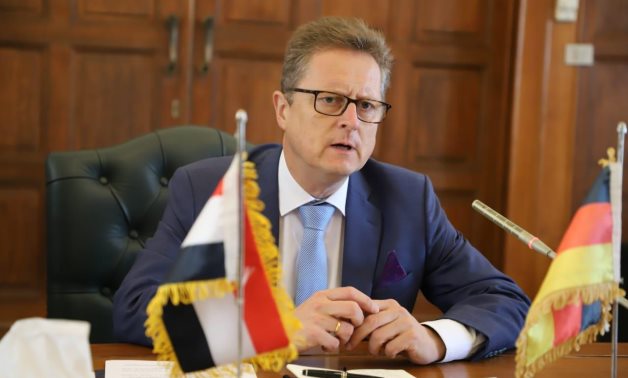
Ashraf AboArafe
The German Development Bank (KfW), on behalf of the German Federal Ministry for Economic Cooperation and Development (BMZ), today signed a debt swap agreement worth 54 million euros with the Ministry of International Cooperation, the Ministry of Electricity and Renewable Energy and the Central Bank of Egypt. This agreement exempts Egypt from paying debts worth 54 million euros. Euros to be used to finance the transition to green energy in Egypt instead.
It is worth noting that the German government had pledged during the COP27 International Climate Conference in Sharm El-Sheikh in November 2022 to contribute significantly to Egypt’s initiative “Water, Food and Energy” (“NWFE-EP”). In line with this event, Germany has provided a total financing package of more than 250 million euros – for the same purpose – including debt forgiveness, grants and very soft loans. The current debt swap supports the Egyptian government in achieving its goal of producing electricity from renewable energy sources by 42% by 2030, by financing investments that pave the way for this important initiative.
The purpose of the project is to develop the transmission network to integrate renewable energies into the electricity transmission network and to strengthen the network. In particular, the project contributes to the construction of two substations and the connection of two wind farms (the “Amiunt” farm and the Red Sea wind farm) with a capacity of 500 megawatts each to the national transmission network.
Accordingly, the Egyptian people and economy will have access to an improved, cost-effective and reliable energy supply with optimally integrated renewable energy. The project will be implemented by the Egyptian Electricity Transmission Company.
In this context, Ambassador Hartmann stated, “We are pleased to support Egypt on its path to energy transition through debt swaps. This would allow new investments in energy infrastructure and pave the way towards a green, livable future for all Egyptians.” The commitment we made during COP 27 for our total contribution of more than €250 million has finally been fulfilled.”

 to all..
to all.. 


